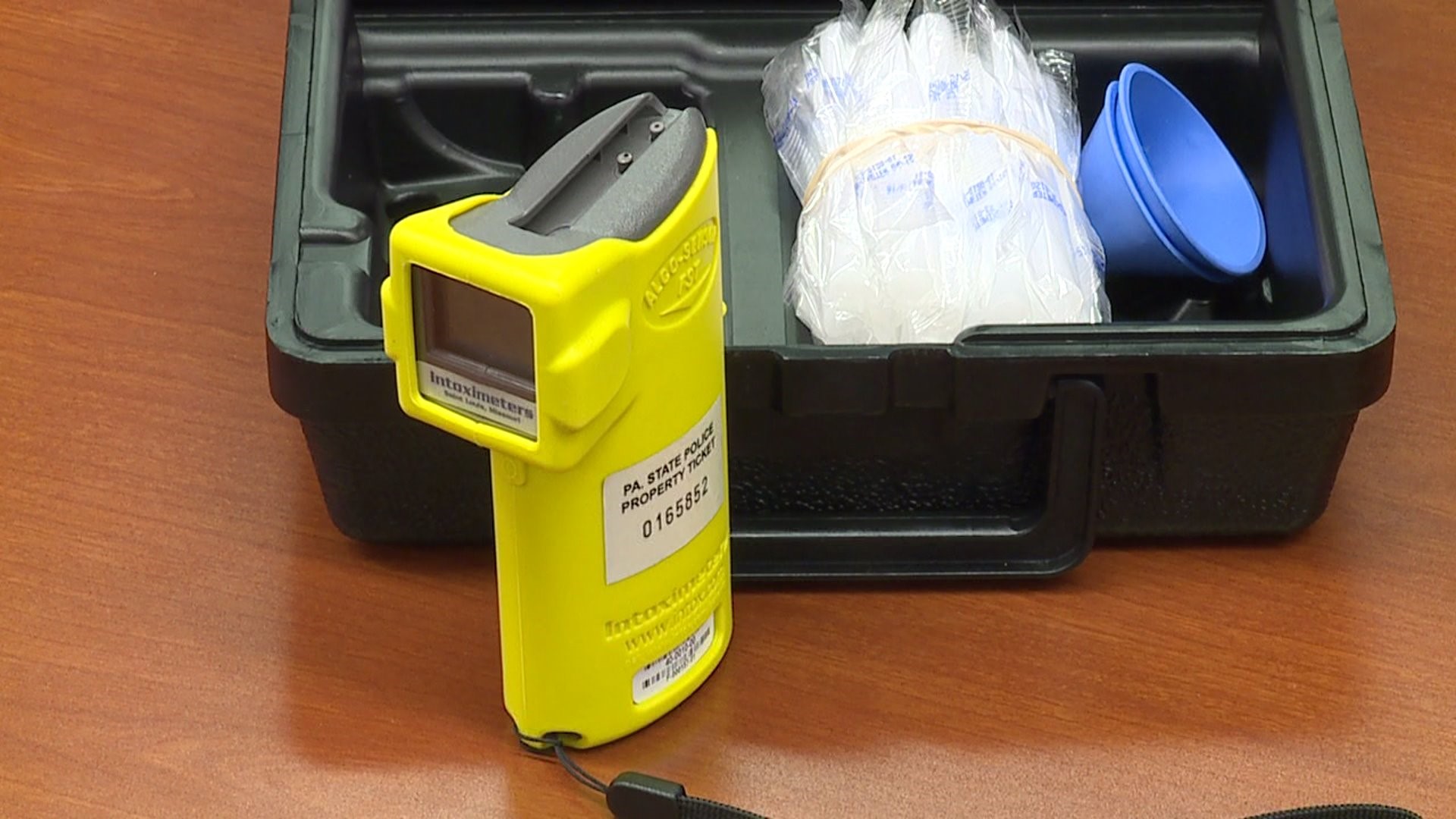
In State v. Vanness, the WA Court of Appeals Division I decided that the warrantless search of a locked box found inside a backpack that the defendant was wearing at the time of arrest violated both the Fourth Amendment and Washington Const. art. I, § 7.
Defendant VanNess was arrested for having outstanding warrants in Everett, WA. When arrested, VanNess was wearing a backpack and carrying a bag. A police officer removed the backpack and asked permission to search it. VanNess did not respond. Everett Police Department had a policy requiring officers to search backpacks for dangerous items. Following that policy, officers searched VanNess’s backpack and found knives. They also found a small box with a combination lock.
The police officer used a flathead screwdriver to pry open the box. He looked inside. Although he did not see any dangerous items, he saw a scale and small plastic “baggies” and smelled vinegar, which he associated with heroin. The box was delivered to the Everett Police Department’s property room.
Police obtained a warrant to search the box. They found suspected methamphetamine and heroin, a digital scale, a glass pipe, and several plastic baggies. The Prosecutor charged VanNess with Possession of Heroin with Intent to Deliver and Possession of Methamphetamine with Intent to Deliver. Both crimes are Class B felonies. The trial court denied VanNess’s motion to suppress. At trial, the court admitted the evidence. A jury found VanNess guilty of all charges. VanNess appealed.
A warrantless search is per se unreasonable, unless the State can prove a “carefully drawn and jealously guarded exception” applies. These exceptions include a search incident to arrest and an inventory search. If an exception does not apply, a warrantless search is illegal and the exclusionary rule prevents the State from presenting the illegally seized evidence. Here, the defendant argued that the inventory search of his lockbox violated his Constitutional rights.
The Court of Appeals agreed. It reasoned that although State v. Stroud and State v. Valdez each involved a locked container found in an automobile, the court’s consideration of the Chimel v. California applies just as well to the facts of our case:
“Where a container is locked and officers have the opportunity to prevent the individual’s access to the contents of that container so that officer safety or the preservation of evidence of the crime of arrest is not at risk, there is no justification under the search incident to arrest exception to permit a warrantless search of the locked container.”
Under Chimel, the Court reasoned that police officers may conduct a warrantless inventory search (1) to protect the arrestee’s property, (2) to protect the government from false claims of theft, and (3) to protect police officers and the public from potential danger. Courts generally uphold inventory searches conducted according to standardized procedures which do not afford police officers excessive discretion and when they serve a purpose other than discovery of evidence.
The Court of Appeals decided that here, an officer’s compliance with an established police procedure does not constitutionalize an illegal search. Similarly, the court rejected the claim that the possibility of a bomb or dangerous firearm in the locked box established a “manifest necessity” to search the box. They reasoned that without exigent circumstances, a legitimate inventory search only calls for noting such an item as a sealed unit. With that the court concluded that neither the search incident to arrest nor the inventory search exception applies to the officer’s initial search of VanNess’s locked box. Therefore, the police unconstitutionally searched the locked box.
My opinion? Good decision. It appears the Court of Appeals announced a new balancing test for some items found on an arrested person at the time of arrest. Basically, if the item to be searched falls within a category that implicates an arrestee’s significant privacy interests, the court must balance the government interests against those individual privacy interests. Only when government interests in officer safety and evidence preservation exceed an arrestee’s privacy interest in the category of item to be searched may it be searched incident to arrest without a warrant.
Good decision.
Please contact my office if you, a friend or family member are charged with a crime. Hiring an effective and competent defense attorney is the first and best step toward justice.











